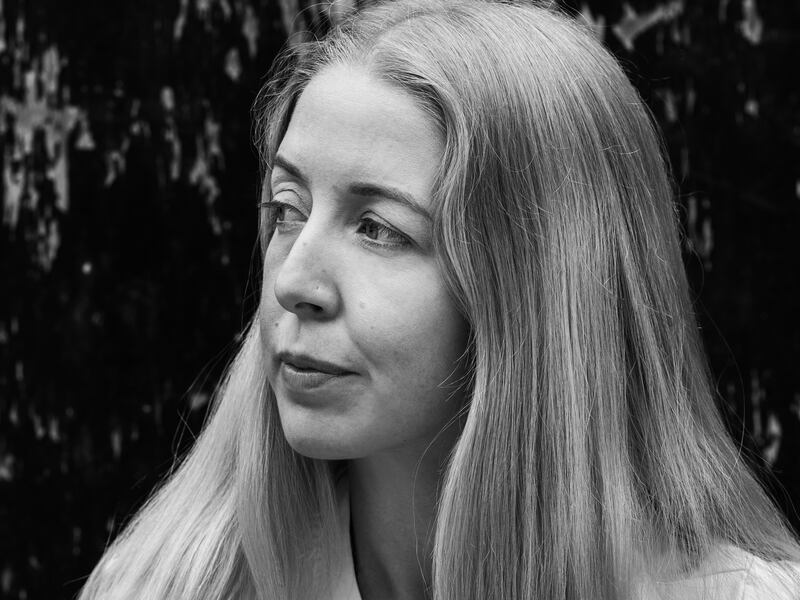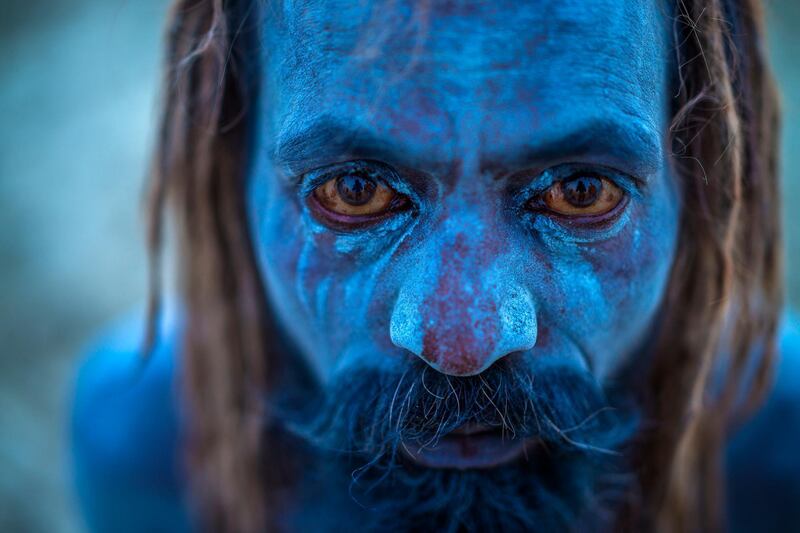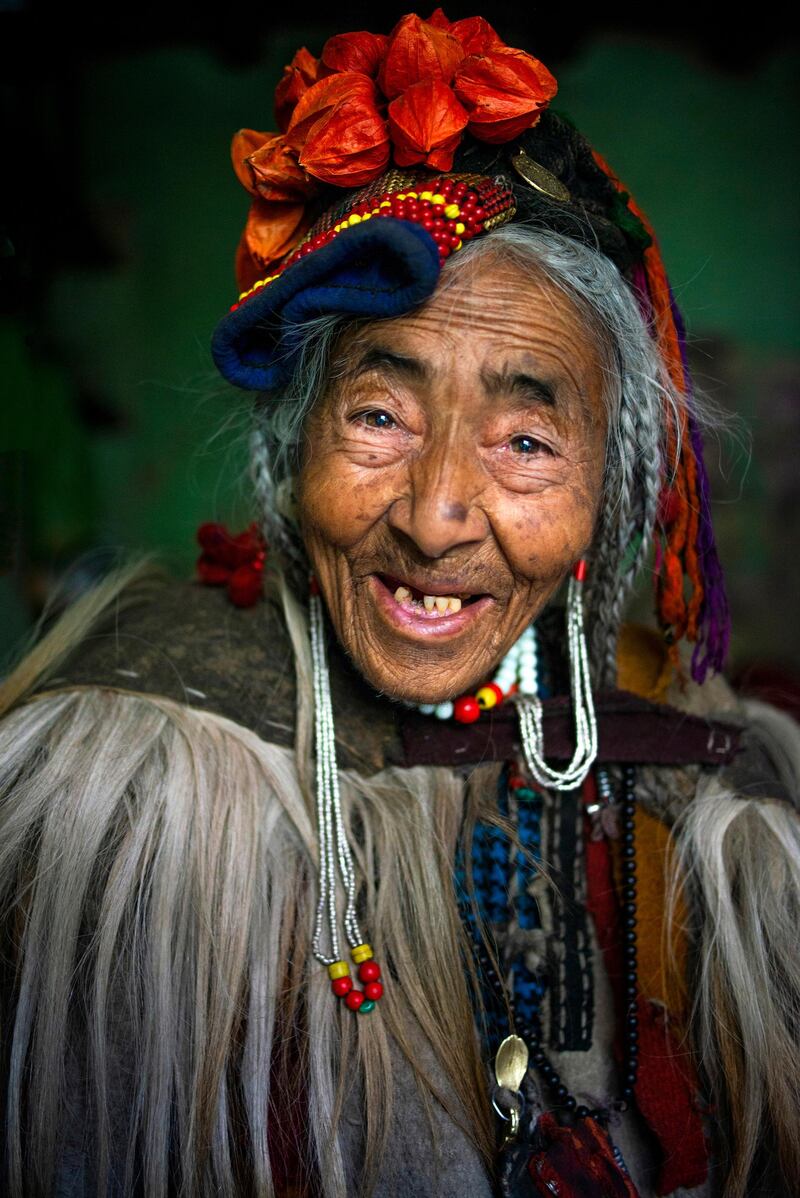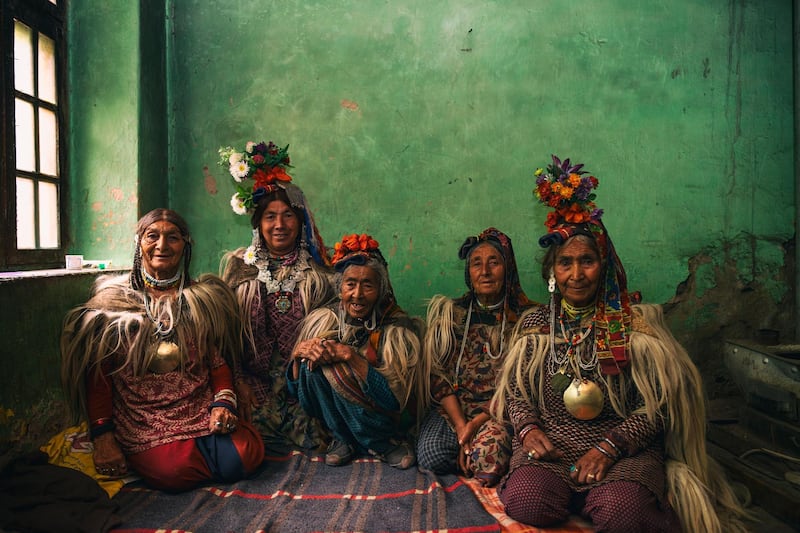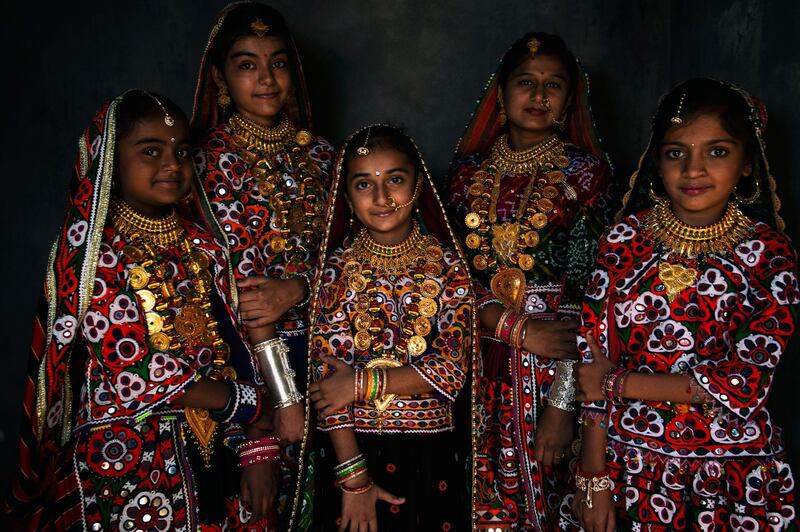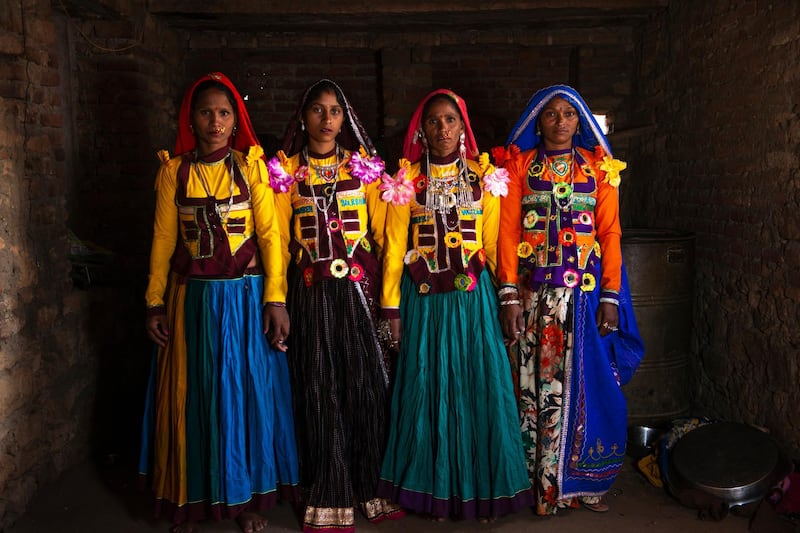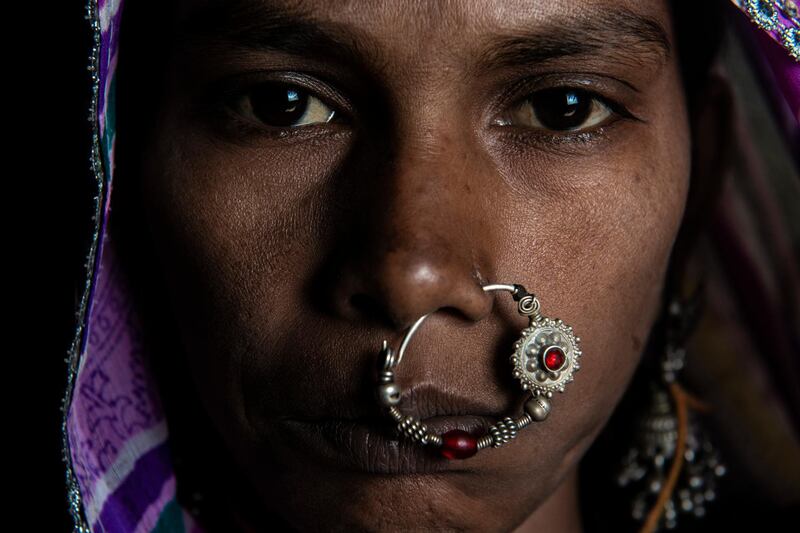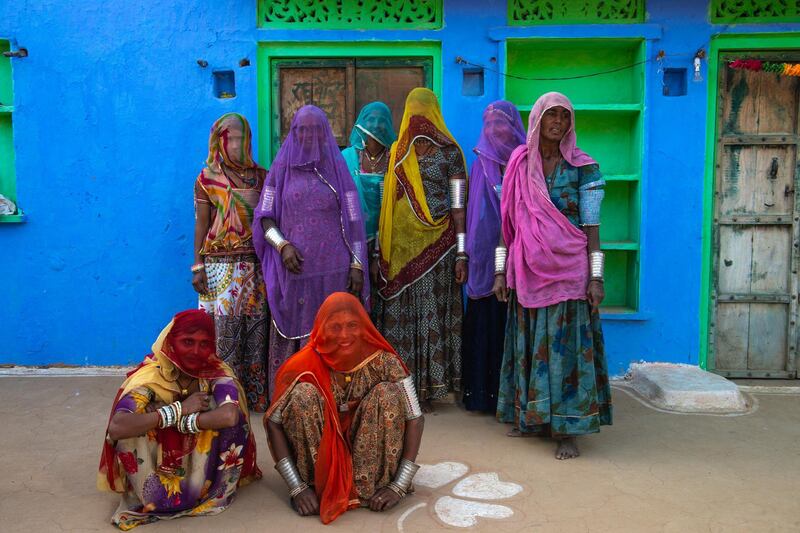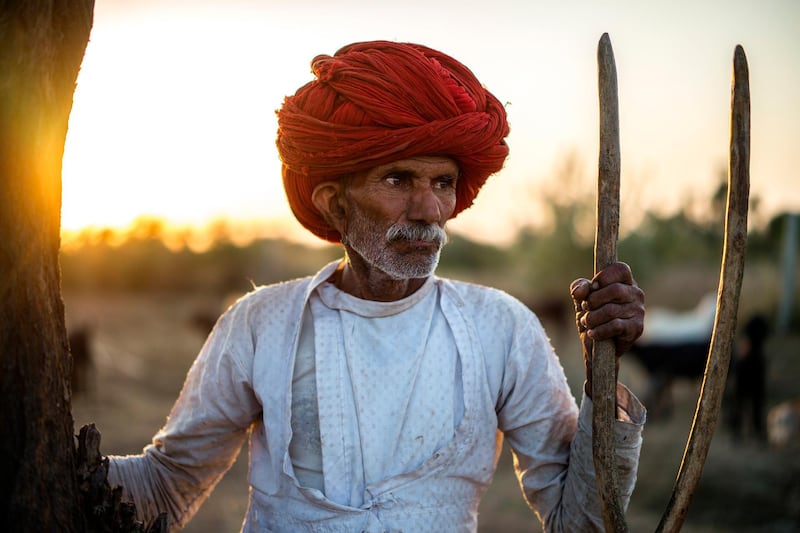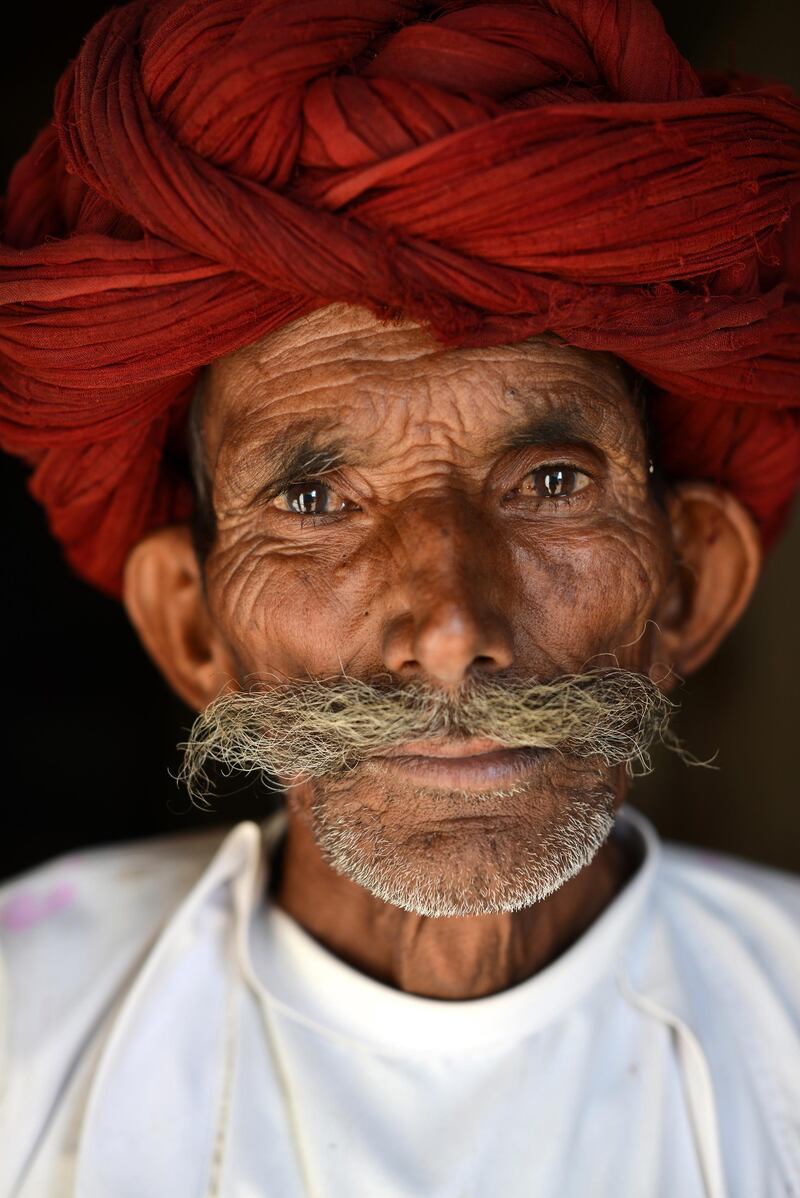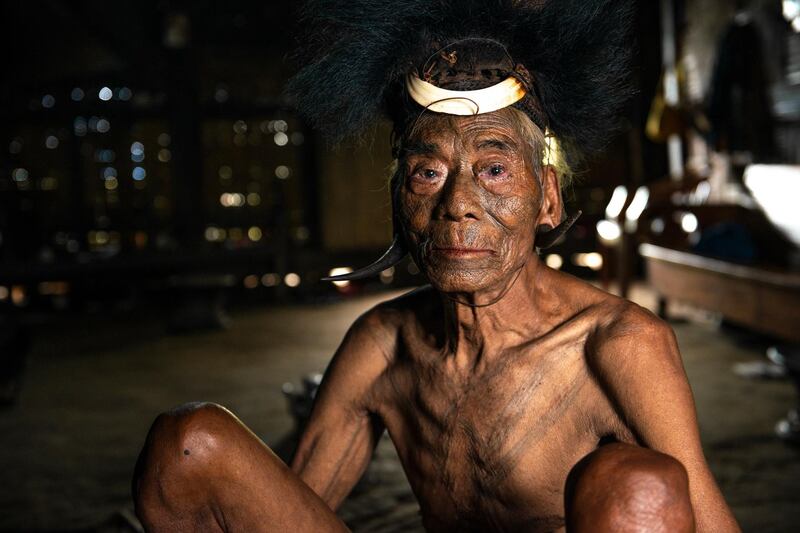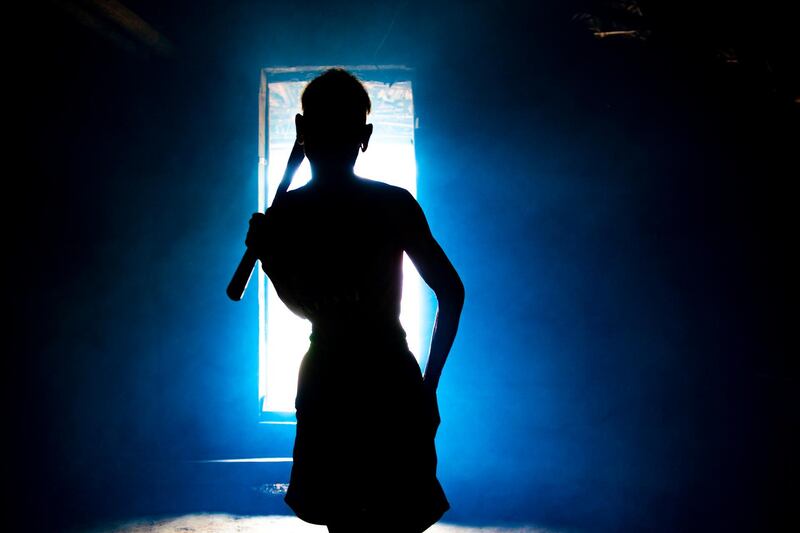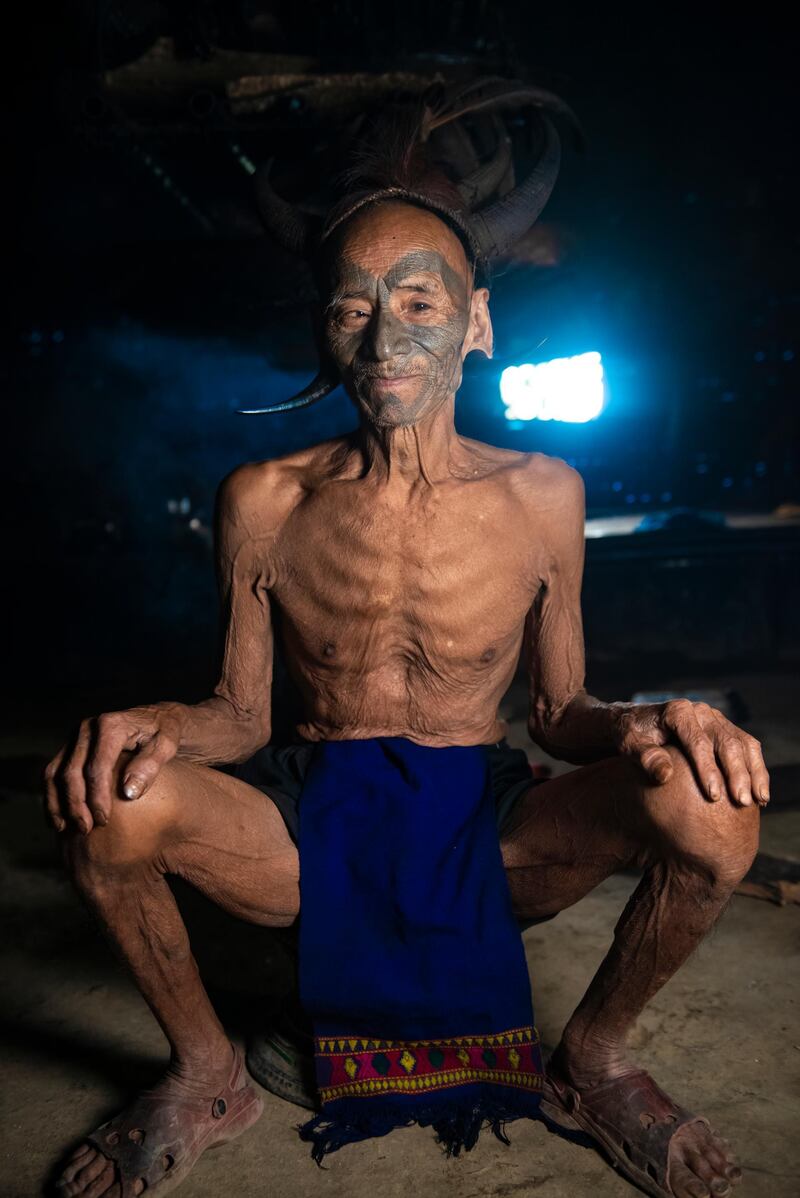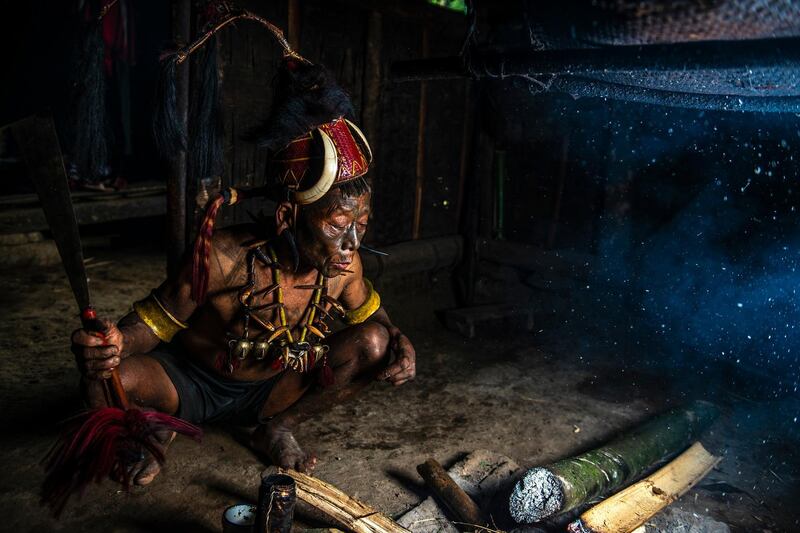“Anthropologists are caretakers of stories,” writes Lexi Stadlen at the beginning of her insightful and absorbing first book Nine Paths.
It’s a memorable description and one that perfectly sums up Stadlen, an anthropologist and ethnographer who has gathered and collated a rich variety of stories from nine Muslim women.
UK-born Stadlen spent 16 months living in a Muslim village on a remote island, one of “the last splutters of land” at the eastern edge of India.
There, speaking the inhabitants’ mother language of Bangla, she visited more than 100 households.
Gradually, she homed in on, and won the trust of, nine women who admitted her into their private worlds and allowed her to record their histories, chart their daily experiences, and relay their hopes and fears for the future.
“These women showed me such beautiful hospitality that was rooted in their Islamic faith,” Stadlen tells The National.
Some of the women were more forthcoming than others at the outset.
“One of them, Kalima, marched up to me almost immediately and declared herself my 'kaki' or aunty, so I very quickly became an adopted part of her family," says Stadlen.
"That said, like all relationships, it took a lot of time and patience on both sides to build up a sense of intimacy between us, though their curiosity outweighed any mistrust.”
Along with Kalima, Stadlen got to know indomitable matriarch Maryam, forthright Tabina and glamorous Sara — one of the few who has managed to leave the island, in her case to study in Rajasthan.
“Theirs are houses that don’t like to keep secrets,” Stadlen reveals in the book.
Since her research was focused on women’s intimate lives, it was important for her that they became comfortable enough to open up to her.
Some shared their secrets, or dispelled and confirmed rumours that surrounded them.
Stadlen discovered that all had been the subject of gossip at some point, perhaps none more so than Roshini, who was treated as a pariah with a tarnished reputation for defying convention and marrying out of love.
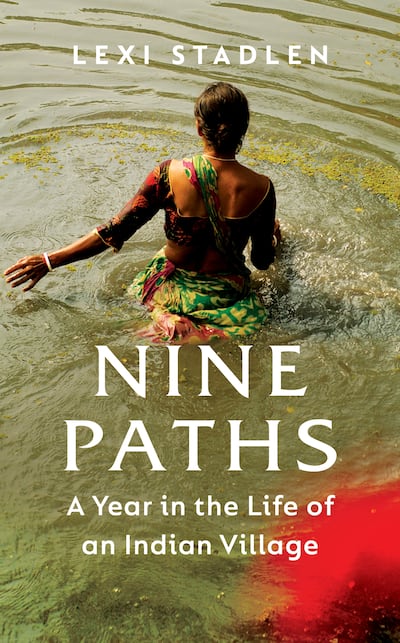
“For some,” Stadlen says, “I was an arbitrator in disagreements, for others a confidante. In two cases, the rumours about them were so unspeakable, we simply could not discuss them.”
Two women in particular, Rani and Aliya, loom large in the book. Unsurprisingly, it was those women who Stadlen was most drawn towards.
“Rani was the one I felt most protective over,” she explains. “She was at the point in a young woman’s life when so much is happening, her body changing, her mind struggling to keep up.
"She had passions and dreams that were so extraordinary for a young Muslim woman in her community. She loved athletics and all she wanted was to become a police officer.
“Aliya was the woman who I felt nothing but admiration for. Her story was heartbreaking.
"Her family had suffered a terrible tragedy that is revealed towards the end of the book, and she had lost everything. Yet with six children and a husband to support, she never complained, worked harder than anyone else in the village and was sought out by all for her wise counsel.”
Stadlen observed pairings and partings at weddings and funerals. She followed her subjects to tea shops, matchmaking sessions, madrasa meetings and into their homes.
She heard about women’s lives impaired by poor living conditions and venal authorities, or destabilised by jinni (a spirit in Arab mythology), monsoons and violent husbands.
“They were hungry for so much more,” she says. “They wanted the opportunities, the infrastructure, the equality that they’ve been promised for so long but that is sadly yet to materialise.”
In some ways, Stadlen was surprised by what she found.
“As a rural, socially conservative Muslim community, I had naively assumed that women would not have much chance to engage with local politics. I could not have been more wrong," she reveals.
“The women were often the ones who visited government offices on behalf of their families, and while they let the men think that they dictated which political party a household should vote for, it was the matriarchs who were really in charge behind the scenes, giving instructions to their children, wooing politicians and building political alliances with their neighbours.”
Stadlen has gone on to swap one Muslim culture for another. Last September she moved to Dubai.
“I love the beaches and the area around Al Quoz, and there is an incredible yoga community here,” she says.
She has taken with her fond memories of her time in India, and a deeper understanding of humanity.
“One thing I learned will stay with me always,” she says. “That women’s experiences are, at their heart, so similar, no matter where they live and what their circumstances.”
